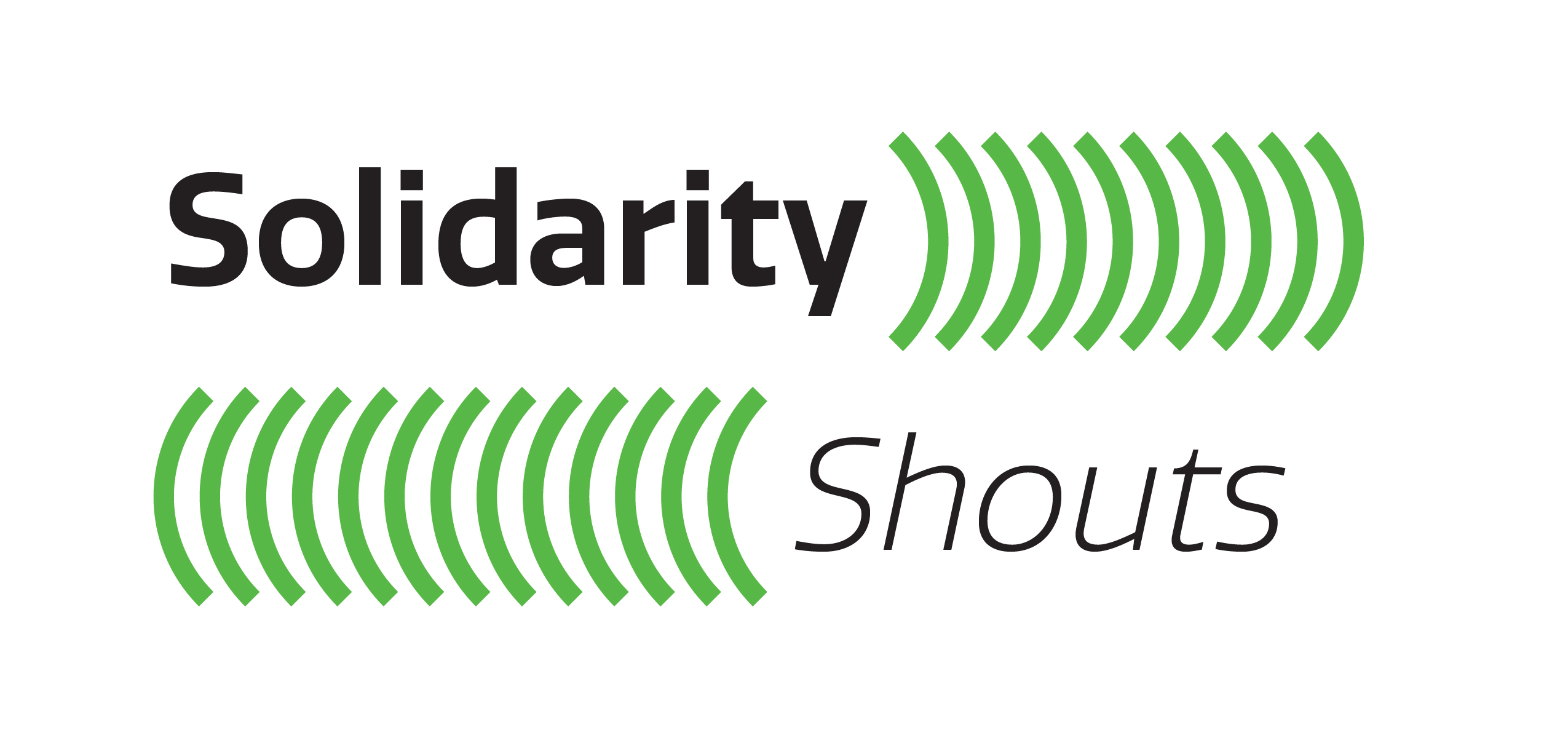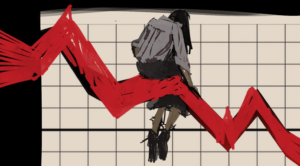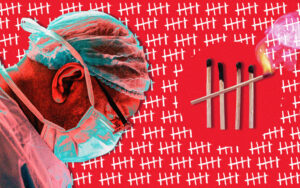Most Georgetown passions begin with a student organization. One of the first clubs I joined upon arriving at Georgetown was Prison Outreach, a service program directed by the Center for Social Justice. In Prison Outreach, Georgetown students tutor incarcerated people in jails in Arlington and Alexandria, Va. I joined because an influential high school teacher of mine had tutored men in San Quentin, California’s maximum security prison, teaching them classic literature and discussing the same topics I learned about in his classes: tragedy, morality, and rebellion.
I tutored women in the creative writing program and men in a GED class at Alexandria Correctional Facility once a week for two years. Dealing with jails or prisons is frustrating; their rules seem arbitrary. After driving thirty minutes to the jail one evening, my group was turned away because one of the two elevators was broken. Another time, a friend had to stay in the van instead of tutoring because he was wearing shorts that exposed his calves. We were not allowed to bring books into the jail, even to teach creative writing.
In Alexandria, I met women who missed their families. Many of them were mothers, but in jail, they were treated like children, as a guard hustled them out of bed for an early morning Friday writing class taught by clueless college students. I met men in the GED class who could do arithmetic five times faster than I could, but when it came time to say goodbye, they nodded to us, orange-clad, from the elevator, with two guards flanking them. One man I tutored regularly told me it had been nearly a year since he had been outdoors. Every prison official, every rule, every double-locked door reminded us that we were in a place filled with dangerous people, even as those people reminded me with every joke or heartbreaking remark that they were unlucky, not inhuman.
Recognizing humanity is important, but recognizing the causes behind this system that tries so hard to make us fear and shame incarcerated people is crucial, too.
Prisons hold disproportionately and outrageously high numbers of people of color and low-income people; women who have suffered abuse; people who need treatment for mental illnesses; and undocumented immigrants, whose detentions are still incarceration. I can’t list all the various problems of the criminal justice system: problems with policing, unjust sentencing policies, problematic jury selection processes, the existence of bail, underfunded public defense, the horrific plea bargaining system, prosecutors with nearly unlimited power, or the disturbing numbers of the convicted innocent.
Here are a few things that stick out in my mind when I think of all I’ve learned about prisons since coming to college: forced unpaid labor with hardly any safety regulations is legal in the United States, if you’re a prisoner. Either your state or a private company profits from this labor. Women are vulnerable to sexual abuse in prison and lack meaningful access to improve the way they are treated; in fact, under the Prison Litigation Reform Act, there are limited avenues to redress for any prisoner complaint about treatment or conditions. Pregnant women in prison can legally be shackled during pregnancy in some states, which is dangerous because of the risk of a fall. The use of solitary confinement for punishment for extended periods of time, as is common in the United States, was condemned by a United Nations Special Rapporteur on Torture. It’s possible to draw a direct line from today’s prisons and prison labor to their genesis in slavery, by way of the convict lease system in the post-Civil War South. Journalists can’t visit most prisons, and courts tend to defer to prison authorities claims of “safety measures” to justify behavior like banning certain books for prisoners.
Georgetown is more than its classrooms—it’s a Jesuit institution, and Ignatian spirituality demands contemplation in action. Personally, I am not a good Catholic. I was never confirmed. But as I understand it, we are supposed to be called to see Christ in every person: even drug dealers, even burglars, maybe even rapists and murderers. To believe that anyone should be shut away from society in increasingly small and overcrowded cages (that most people agree do little to rehabilitate) is to deny people’s dignity and ignore their capacity for change.
Prisons, as we know them now, shouldn’t exist. We wouldn’t need prisons in a country with a school system that serves every child. We wouldn’t need prisons if we had jobs that paid living wages and allowed people time to care for their families, or if we provided sufficient care for those struggling with addiction, mental health issues, or the remnants of abuse or trauma. That society isn’t arriving anytime soon, but to change this system, we need to understand that prisons will never be instruments of justice because they only reinforce more deeply the social harms that produce so-called criminals.
Believing in the potential for a world without prisons means committing to improving the conditions inside prisons today, by adding access to education and safe prison jobs that actually pay decent wages, but it also means opposing the construction of new prisons. It means ensuring that innocent people are not sent to prison, but also that even guilty people are given better options upon their release than struggling to find employment in a shrunken job market, and in many states, a denial of the right to vote. It means reducing harsh sentencing and increasing funding for criminal defense, but it also means looking at options besides incarceration, like restorative justice models.
People have told me that I am naïve, or have asked what I will do with those people who are truly a threat to the people around them. I certainly don’t have all the answers, but I believe that American prisons as they exist today will never bring about justice, safety, or stability, except for the institutions and businesses that profit from them. For ordinary people—for the families that we want to protect—prisons are not the answer.
Committing to prison abolition asks a lot of us—it asks that we work within existing systems while seeking to dismantle them. Prison abolition asks for a nearly impossible level of hope. It is immensely difficult to take a hard look at the systems within which we live and conclude that they are not good enough, and to work out how to address the underlying causes of powerlessness. My experiences in the last four years in classes and through events and student organizations have taught me so much about what injustice looks like and how it functions. But more importantly, the people I have met in D.C. and at Georgetown have taught me what the good fight takes. They give me hope. I’ve met lawyers who use their knowledge to help social movements, and academics who study the best ways to make sustainable change. My friends who organize alongside workers and formerly incarcerated people inspire me to join those most affected by the harms of the U.S. justice system to work in solidarity for a fairer future.
It’s hard to imagine a better world than the one we live in, but I like to think that Georgetown taught me how to begin to do just that.







Cassidy,
I just saw this article today and took my attention immediately I know this is all about the truth and well done. I am very impressed what you did for other people and hopefully this article could help some individuals in the future.
Robert M.